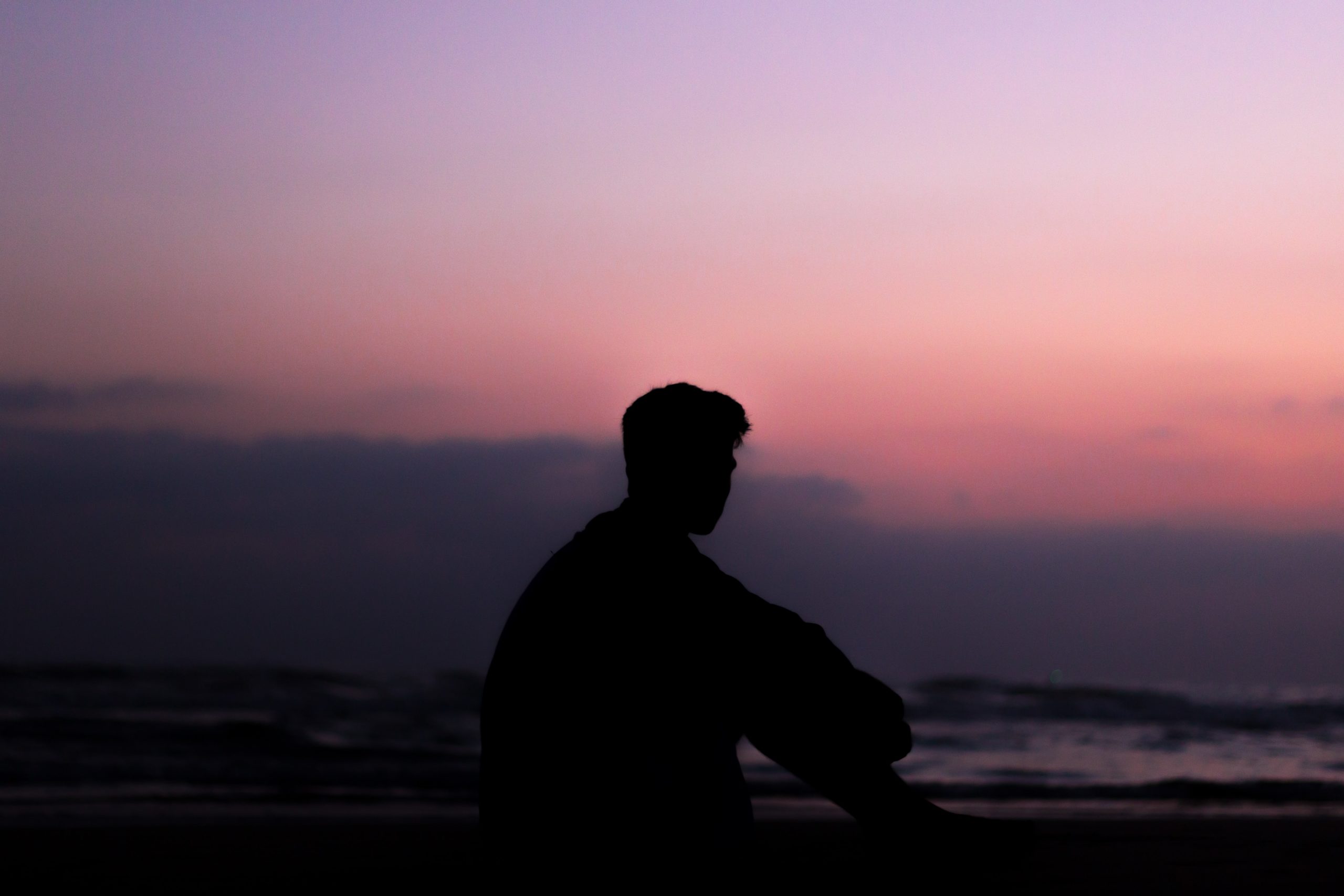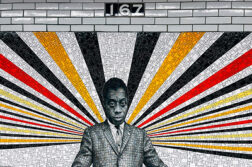
I FIRST QUESTIONED my sexuality in tenth grade. I found myself liking a friend more than straight people tend to like their same-sex friends. It came as an unpleasant surprise. Adolescence is normally a time for doubt and reevaluation, but I wasn’t expecting to have to grapple with such a fundamental aspect of my identity.
The notion of being different in such a profound way terrified me, especially in a society where unflattering stereotypes of gay people abound, and practically everyone is at least unconsciously homophobic. And how could I be sure about something with such potentially serious consequences for my future, especially when I’d never had a sexual experience or been in a real relationship before? Couldn’t you be attracted to a person of the same sex without being universally attracted to that sex? Weren’t homosexuality and heterosexuality just social constructs hatched at the beginning of the twentieth century anyways? And what would it mean to be gay? Would my parents, liberal and open-minded though they were, react badly?
These questions weighed on me, hovering at the edge of my consciousness, vampiric. When I wasn’t in class or doing homework or extracurricular activities, I confronted them. It drained me, this desperate quest for certainty.
Presenting a façade to the outside world is psychically exhausting. Constant concealment freights you with the fretting, nervous energy that comes from self-monitoring. Secrets locked away become corrosive, poisonous—they quickly curdle, undermining our ability to take joy in our own lives and others’ happiness. A secret—small and initially innocuous—acquires a momentum and gravity the longer it’s hidden, snowballing until its pull is inescapable.
As hard as I worked, my accomplishments in high school and college never felt like enough. Something was missing. The uncertainty of how my life would resolve was a torment, devouring me from within.
For four years I struggled with my sexuality. I prayed to the universe at large for release. I concealed my anguish from everyone around me, presenting a mask of cool composure. Finally, I couldn’t bear the pressure any longer and came out, hoping that would dispel the clouds obscuring my horizon.
§
Some people fit into the LGBT community instantly. I wasn’t one of them. To this day, I’m still seeking my niche. Coming out wasn’t the experience of instantaneous, rapturous clarity that I’d yearned for, though it came as a great relief. When you make a habit of cutting yourself off from your body, ignoring or silencing the signals it sends, awkwardness clings to your skin and embeds itself in muscle memory. Old patterns are hard to break, and finding your place in a new community isn’t easy, even if—perhaps especially when—that community is supposed to be the place where you feel most at home.
At twenty, I found myself—a not-so-sporty, not-so-tall, nerdy gay guy—tongue-tied, even more self-conscious than I’d been in the closet. The sense of forever being on the outside, unwanted, ungainly, and undesirable, dogged me. I had no interest in perpetually reenacting an unhappy adolescence, but unfortunately, a sense of comfort in one’s skin can’t be willed into existence. Feelings don’t obey marching orders; pride can’t be concocted ex nihilo. I felt angst at the closet’s continued tyranny over my psyche, and then I felt angst for feeling angst. “Isn’t this the time you should be most buoyant and happy, surrounded by bright, carefree boys?” I asked myself.
It was a question I was still asking in my senior year of college at an autumn party. I saw two freshmen kissing passionately, publicly, completely self-assured. I was happy for them, but I felt a profound unhappiness—the sorrow of recognizing time’s irreversibility and my inability to alter a past which is firmly set. I wondered if I was staring at an alternate reality where I’d come to terms with myself earlier. I realized my senior year was likely to slip through my fingers the same way the previous three years had. Yet I realized too that, despite my sadness-tinged nostalgia, I would likely look back on that night and my romance-less college years with the same bittersweet nostalgia.
Over time, I mostly unlearned the closet’s masochistic cruelty. When I moved to NYC in my mid-twenties, I went to gay bars sans wingmen (since I didn’t have many gay friends in the city). I turned very few heads and felt intensely awkward. But I’ve come to terms with this sense of displacement. I’ve grown to recognize, through conversations with queer friends and reading novels about gay life, that being unsure of one’s place in the LGBT community is much more common than I’d naively thought. I’ve learned that heightened self-consciousness is itself a time-honored way of being gay.
The existential uncertainty that comes with this mode of being LGBT is thorny, but our lack of certainty is a gift. We have a “second sight” that helps us navigate social life: we’re well-acquainted with doubt and self-questioning. Our experience suppressing our true selves has taught us a crucial truth: appearances deceive. Because we don’t assume we know what another person is going through just by looking at them, we’re better attuned to subtle psychic resonances. This attunement—ideally at least—lets us perceive the value and beauty of people ordinarily ignored by mainstream society. It reminds us that everyone pulsates with potential. It challenges us to imagine the stories waiting to leap out from people’s otherwise unremarkable exteriors. Although the human soul is perhaps fundamentally unknowable, discovering its depths is well worth the effort. Of this, we can be certain.
Scott Remer studied Ethics, Politics, and Economics at Yale University and Political Thought and Intellectual History at the University of Cambridge. He has published pieces in venues such as OpenDemocracy, In These Times, Philosophy Now, the LA Review of Books’ Philosophical Salon, and Africa Is A Country. At the moment, he tutors and writes and is working on a Chinese-language textbook.







Discussion2 Comments
Dear Scott: I had no idea that you were gay until recently. I wish you had reached out to your gay uncle for some help. Both Tim and I are here for you to talk wit with whenever you feel the need. I have been concerned about you being in Cleveland suburbs without good transportation for yoourslelf. You need to be able to make some gay friends and get involved with gay organizations.. From there come invites to parties and chances to meet single guys. will then arise
You have a lot going for you . You are extremely bright, very kind and warm and loving which is great boyfriend material. Give us a call and we will be happy to tell you whatever you want to know–I am sure one of us has run into whatever and between the two of us we have seen it all.
Love, Uncle Jeff and Tim
Scott, your writing bled my sympathies. This piece held surprising insight. But… you need to get out of the suburbs of Cleveland. Move to New York City, Manhattan if you can. Take whatever job you can find and get as many roommates as you need so you can afford to live in the trendiest gay neighborhood you can find. Swap some fab stylist with copy for their website. Let them get you into some coolster clothing, and a hot haircut. Join a gym, get a tattoo. Live a little, strike that, live a lot. You will get the hang of being a self-assured young man in the most wonderfully queer city on the planet. BTW NYC has the best public transportation in America and the subway is a great place to cruise. Good luck, Scott.